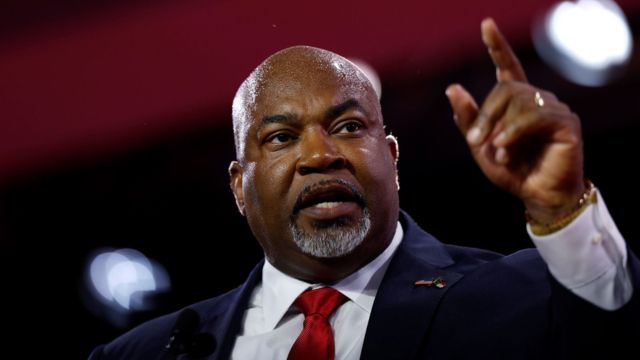In a significant legal development, Senator Josh Hawley of Missouri is urging the Supreme Court to reject the argument put forth by Big Tech platforms, asserting their First Amendment freedom to censor user content while simultaneously seeking legal protection from the content posted on their platforms.
Scheduled for next month, the Supreme Court is set to hear arguments in cases challenging state laws aimed at restricting Big Tech companies’ ability to moderate content on their platforms, questioning the potential curbing of the companies’ First Amendment liberties.
Senator Hawley filed a brief on Tuesday, emphasizing that these platforms are attempting to maintain liability protections granted by Congress for content on their sites, all the while demanding unrestricted authority to censor content, citing their First Amendment liberties.
“The court should not bless the platforms’ contradictory positions, much less constitutionalize them,” argued Hawley, adding that doing so would effectively grant the platforms immunity from both civil liability in tort and regulatory oversight by legislators.
Originating from separate laws in Florida and Texas, the cases before the Supreme Court would require large Big Tech companies, including X (formerly Twitter) and Facebook, to host third-party communications. These laws, however, would prevent these businesses from blocking or removing users’ posts based on political viewpoints.

Read more:
- Trump cheers DeSantis’ departure, marking end to 2024 campaign rift
- Senator Cruz underscores South Texas dependency on trade with Mexico
- Impeachment trial defense for Paxton cost $2.3 million
- Trump’s Attorney Renews Call for Mistrial in Writer’s Defamation Case Involving Sex-Abuse Claims
A federal appeals court ruled in favor of the tech industry in the Florida case, stating that, as private entities, these companies were “engaged in constitutionally protected expressive activity when they moderate and curate the content that they disseminate on their platforms.” However, the Fifth Circuit ruled in favor of a similar law in Texas, leading to a circuit split and prompting the Supreme Court to take up the issue.
Hawley’s brief delves into the legislative history of Section 230 of the Communications Decency Act, enacted in the 1990s to protect platforms from civil liability for hosting user-generated content. He argues that at that time, Section 230 was justified on the premise that platforms could not exert publisher-level control over the speech generated by third-party users.
“Despite decades arguing for this position, today the tech platforms take precisely the opposite line. They claim that their content hosting and curation decisions are, in fact, expressive — expressive enough that they enjoy First Amendment protection,” states Hawley’s brief.
In an exclusive interview with Fox News Digital, Hawley emphasized that social media giants “always have some excuse as to why the law doesn’t apply to them,” highlighting their inconsistency in court arguments.
Hawley expressed concern that the platforms’ argument “completely undercuts the logic of Section 230,” a statute that the platforms have sought to preserve despite bipartisan pressure for its repeal.
The platforms argue to the Supreme Court that state laws in Florida and Texas “openly abridge” their “First Amendment right to exercise editorial judgment over what content to disseminate on their websites via requirements that are speaker-based, content-based, and viewpoint-discriminatory.”
However, Hawley contends that the platforms’ argument undermines the very essence of Section 230, a statute they have long fought to keep intact despite bipartisan calls for its revision or repeal.
“Extending an historical blanket immunity to this sector will have real-world consequences,” warns Hawley. He uses a hypothetical scenario to illustrate the potential dangers, suggesting that nothing could stop a web platform’s algorithm from promoting harmful content aimed at young people.
Hawley concludes his brief by cautioning that “nestled in a comfortable fissure between legal doctrines, the platforms could look on as their algorithms — or affirmative curation decisions — devastated a generation.”
The Supreme Court is scheduled to hear arguments in the cases, Moody v. NetChoice, LLC, and NetChoice LLC v. Paxton, on February 26th, setting the stage for a crucial legal showdown that could reshape the landscape of Big Tech regulation.















+ There are no comments
Add yours